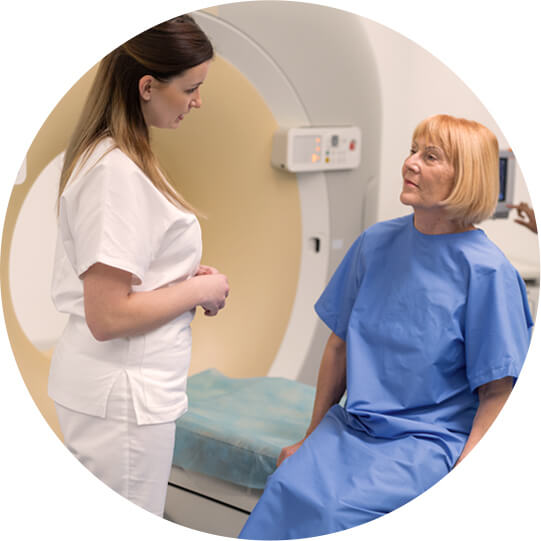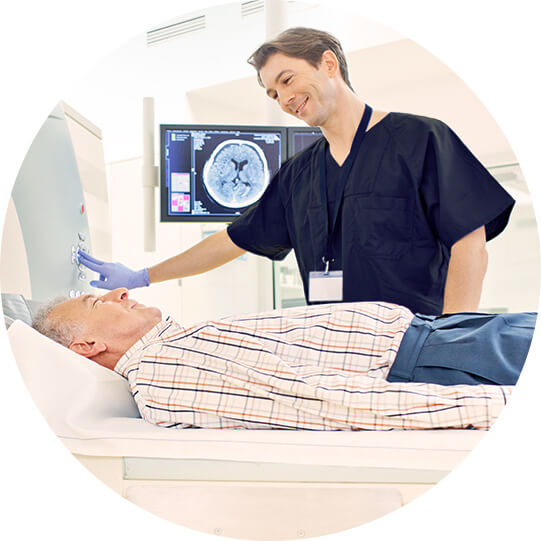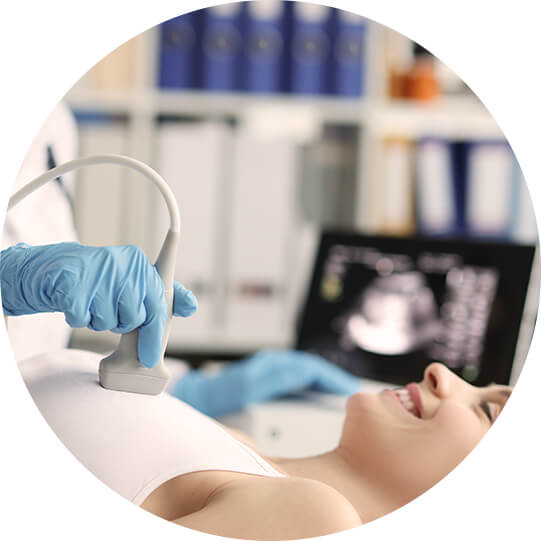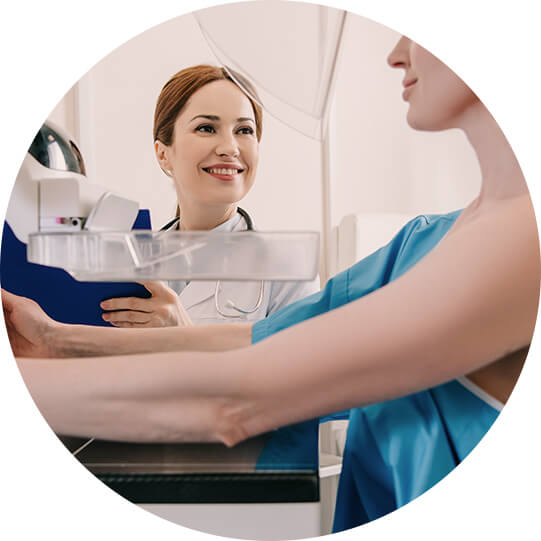
ProScan Advanced Imaging Services
ProScan Imaging offers affordable advanced imaging and world-class, fellowship-trained subspecialized radiologists. We offer MRI, Open MRI, CT, Ultrasound, PET, Nuclear Medicine, and Wellness Scans in Ohio, Indiana, Kentucky, Florida, and New York. Our advanced imaging services, coupled with modern technology, make ProScan Imaging the best choice for your diagnostic testing needs.
MRI & MRA
Magnetic fields and radio waves used to produce detailed images of soft tissues in the body.
CT & CTA
X-rays are rotated around the body to produce high-resolution cross-sectional images of the body.







